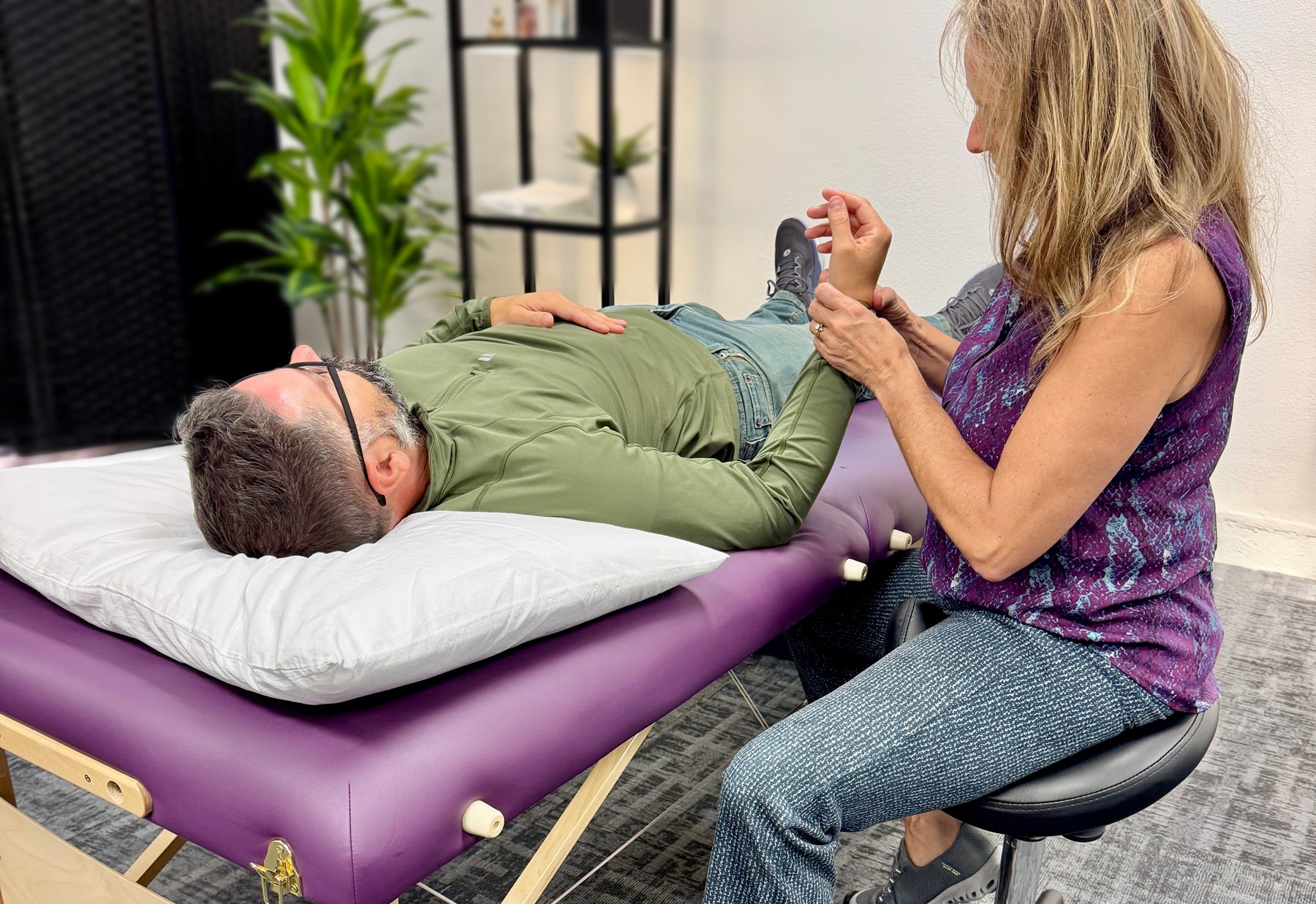
Post-Surgery Recovery
Gentle Healing for Lasting Results
Surgery is often the first step toward healing, but recovery can bring its own challenges. If you are experiencing stiffness, pain, limited range of motion, or lingering fatigue after surgery, Fascial Counterstrain therapy can help your body recover naturally. At Fascial Connections Physical Therapy in Duluth, Minnesota, we specialize in gentle, hands-on care that helps your body heal more completely. Our approach supports patients throughout Duluth, Hermantown, Proctor, Cloquet, Two Harbors, and Northern Minnesota, as well as Superior, Hayward, and Northern Wisconsin.
Why Post-Surgical Recovery Is So Important
Even successful surgeries can create changes within the body that affect comfort and movement. During surgery, fascia and other soft tissues can become restricted by inflammation, scar tissue, or protective reflexes that tighten to guard the affected area. These restrictions can:
Limit movement in nearby joints or muscles
Cause nerve irritation or pain
Slow down circulation and lymphatic drainage
Lead to swelling or a feeling of tightness
Contribute to fatigue or imbalance
If these restrictions are not addressed, they can linger long after the incision has healed, making recovery slower and more uncomfortable than it needs to be.
How Fascial Counterstrain Supports Recovery
Fascial Counterstrain is a gentle, non-invasive therapy that helps restore mobility and reduce post-surgical pain. Instead of using force or stretching, the technique uses light touch and precise positioning to release restrictions within the body’s fascial system.
During a session, your therapist identifies specific areas of tension, then positions your body to allow the fascia to naturally relax. This process helps:
Reduce pain and inflammation
Improve circulation and lymph flow
Soften scar tissue and improve flexibility
Restore communication between muscles, nerves, and organs
Promote a faster, more comfortable recovery
Many patients describe sessions as relaxing and restorative. They often notice increased ease of movement and reduced tenderness after treatment.
LEARN MORE: What Is Fascial Counterstrain?
Conditions and Surgeries Supported by Fascial Counterstrain
Fascial Counterstrain can be used after many types of surgery, including:
Joint replacement (hip, knee, shoulder)
Spinal or neck surgery
Abdominal or pelvic surgery
C-section recovery
Gallbladder, hernia, or appendectomy procedures
Orthopedic or sports-related surgeries
Even if your surgery occurred months or years ago, Fascial Counterstrain can still help improve mobility, relieve tension, and enhance function.
LEARN MORE: Common Conditions Treated
What to Expect During a Session
Your first session begins with a conversation about your surgery, recovery experience, and current symptoms. Cindy will then use gentle palpation to locate areas of fascial restriction that may still be affecting your healing process.
Each session is calm, comfortable, and personalized to your needs. Cindy works with your body’s natural rhythms to help release restrictions and restore balance. The goal is to help you move and feel better without overloading your system or causing pain.
LEARN MORE: Frequently Asked Questions
Your Partner in Healing
Post-surgical recovery is about more than just regaining strength. It is about helping your body find balance and harmony again. At Fascial Connections Physical Therapy, we take a holistic approach to healing so that every part of your body can work together in recovery.
Serving patients throughout Duluth, Hermantown, Proctor, Cloquet, Two Harbors, and Northern Minnesota, as well as Superior, Hayward, and Northern Wisconsin, Cindy is dedicated to helping you return to movement, comfort, and confidence.
LEARN MORE: Patient Health Resources
Start Your Recovery Journey Today
You do not have to live with pain or stiffness after surgery. Contact Fascial Counterstrain PT today to help your body move more freely and heal more completely.

